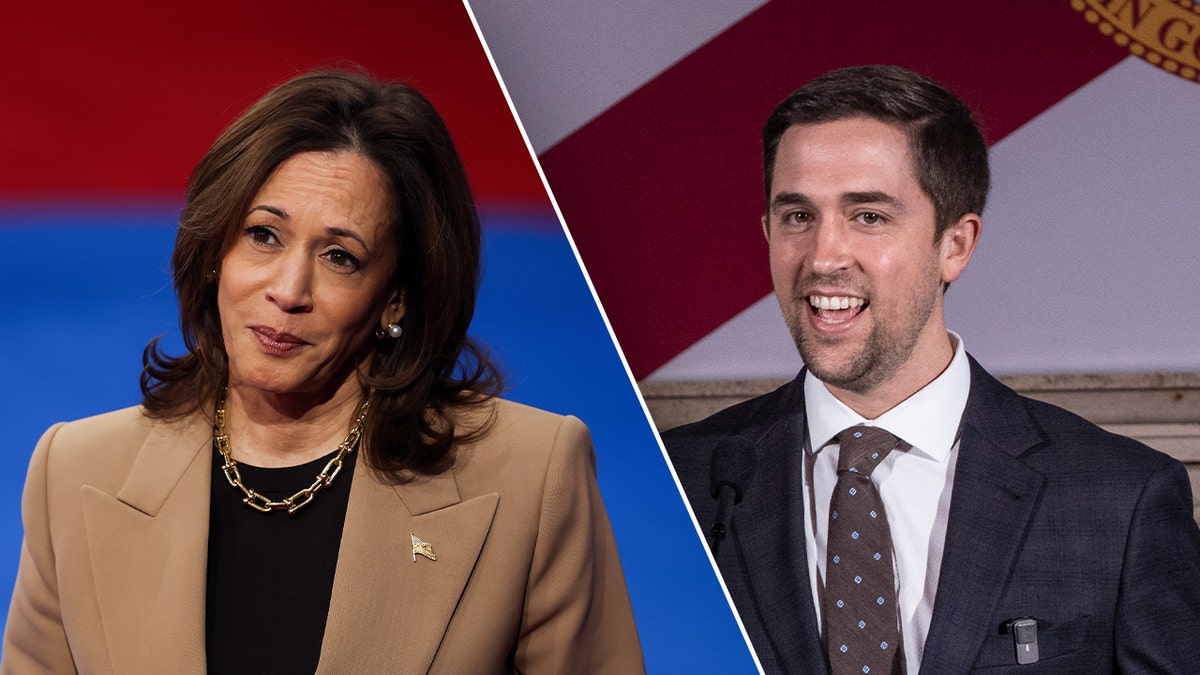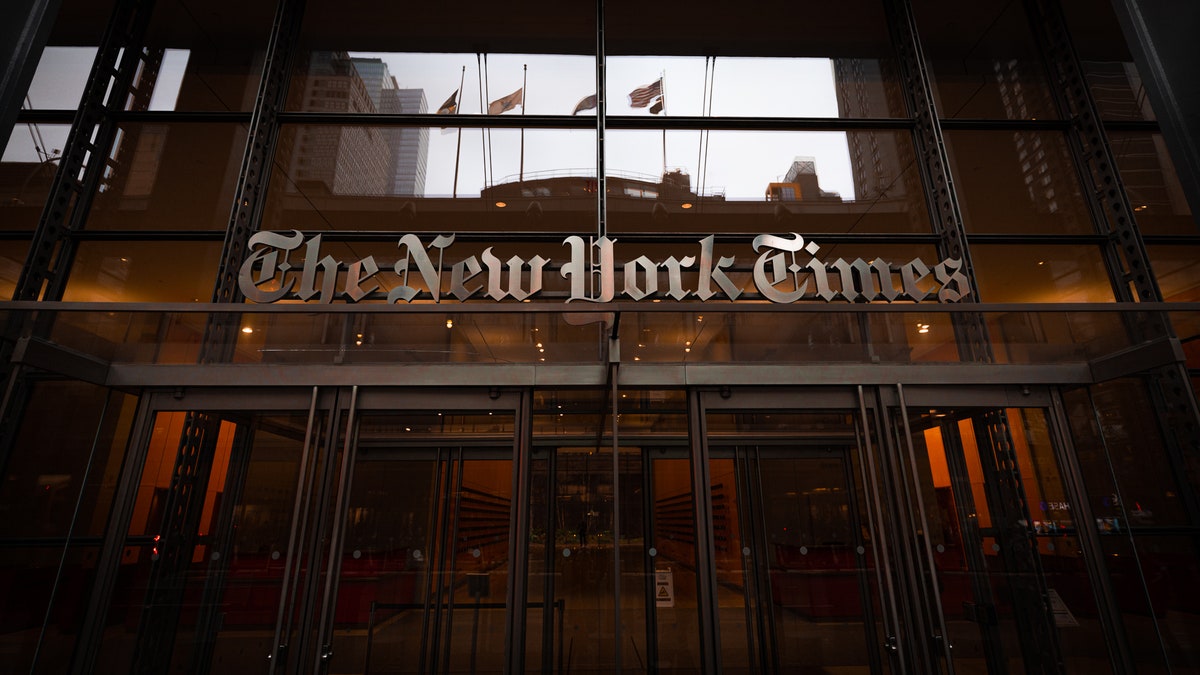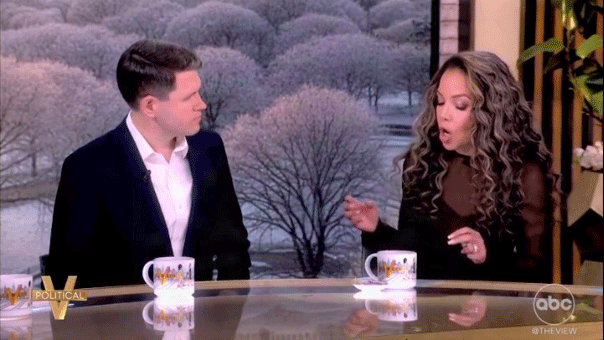Rufo: It's brazen, it's repeated, and it's very serious
Manhattan Institute senior fellow Chris Rufo discusses more than a dozen plagiarism allegations against Harvard President Claudine Gay on 'The Ingraham Angle.'
Conservative activist Christopher Rufo accused the New York Times on Monday of undermining his exclusive story on Vice President Kamala Harris allegedly plagiarizing passages in her book "Smart on Crime: A Career Prosecutor's Plan to Make Us Safer."
Rufo first reported so-called "plagiarism hunter," Austrian professor Stefan Weber, finding 27 times that Harris and her co-author allegedly committed some form of plagiarism, writing, "24 fragments are plagiarism from other authors, [and] 3 fragments are self-plagiarism from a work written with a co-author."
"Taken in total, there is certainly a breach of standards here. Harris and her co-author duplicated long passages nearly verbatim without proper citation and without quotation marks, which is the textbook definition of plagiarism," Rufo wrote.
The New York Times, however, downplayed the impact of these instances, citing only five passages from Rufo. The story was headlined, "Conservative Activist Seizes on Passages From Harris Book," and has three credited authors.

Chris Rufo reported on more than two dozen instances of plagiarism in one of Vice President Kamala Harris' books. (Left: (Photo by Justin Sullivan/Getty Images), Right: (Photo by Thomas Simonetti for The Washington Post via Getty Images))
"In a review of the book, The New York Times found that none of the passages in question took the ideas or thoughts of another writer, which is considered the most serious form of plagiarism. Instead, the sentences copy descriptions of programs or statistical information that appear elsewhere," the article read.
It also cited a plagiarism consultant, Jonathan Bailey, who said Rufo had taken minor infractions and tried to "make a big deal of it." Bailey wrote on X on Monday that he had not performed a full analysis of Harris' book.
"For those coming here from the NY Times Article. I want to be clear that I have NOT performed a full analysis of the book. My quotes were based on information provided to me by the reporters and spoke only about those passages," he wrote.
Rufo took to X after the story was published to call out the New York Times, accusing it of misrepresenting the story.
"This past Saturday, I provided the Times not only with my written analysis, which argues that there are ‘more than a dozen,’ but with Weber's full dossier, which included 18 allegations of varying severity. So, the Times deliberately withheld this crucial contextual information from its readers and from the supposed plagiarism expert, who, based on this limited information, called it ‘not serious.’ They could have easily confirmed the ‘more than a dozen’ point, but instead, lied by omission," Rufo wrote.
He also attacked the article for citing "some academics" who have characterized his past reporting and research as racist.

A New York Times article argued the instances from Rufo were not an example of the "most serious form of plagiarism." (Fox News Photo/Joshua Comins)
Rufo wrote, "This is just a way of laundering in a smear to complement the absurd headline that my reporting on plagiarism by a presidential candidate is ‘seiz[ing] on’ a transgression that is ‘not serious’—in other words, framing me as the villain of the story, rather than the plagiarism by a presidential candidate."
He added, "My rule of working with journalists is simple: If you treat me fairly, I treat you fairly. After publication of the Times piece, I called the reporter and editor at the Times to ask politely for a correction. The editor, Mary Suh, had nothing but excuses. And so, we're going to fight this one out. They should issue a correction, but, even if they do not, I will correct the record in public."
Fox News Digital reached out to the New York Times for a comment but did not immediately receive a response.
In a comment to the New York Times, a spokesperson for the Harris campaign dismissed the accusations from Rufo’s report.
"This is a book that’s been out for 15 years, and the vice president clearly cited sources and statistics in footnotes and endnotes throughout," Harris spokesperson Jamie Singer said.

The Harris campaign has denied the accusations of plagiarism. (AP Photo/Susan Walsh)
CLICK HERE TO GET THE FOX NEWS APP
Fox News Digital independently verified that Harris' book features verbatim and near-verbatim reproductions from a 2008 NBC News report, a press release from the John Jay College of Criminal Justice, a Wikipedia page and a report from the Bureau of Justice Assistance (BJA), among others.
Fox News' Julia Johnson contributed to this report.










































